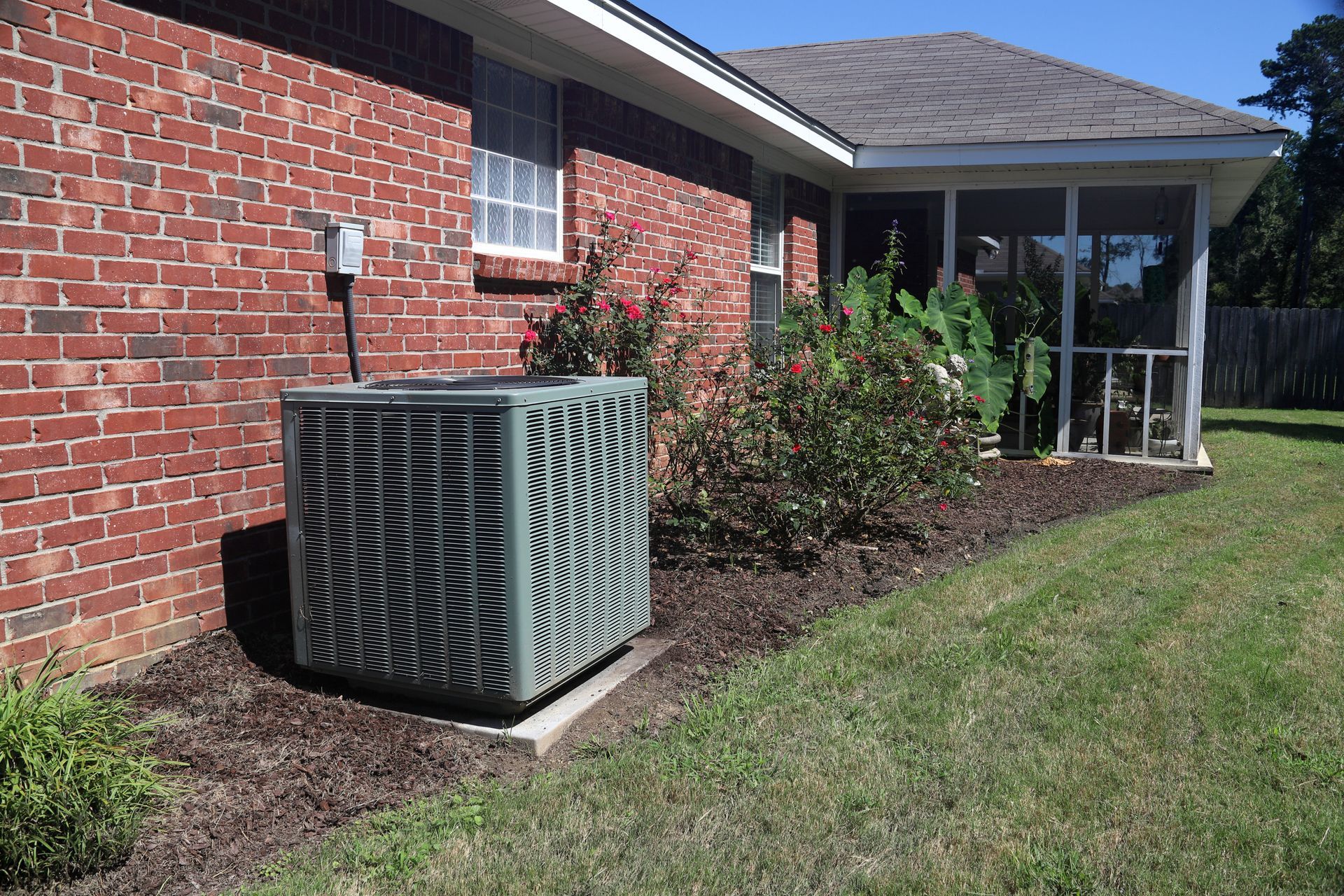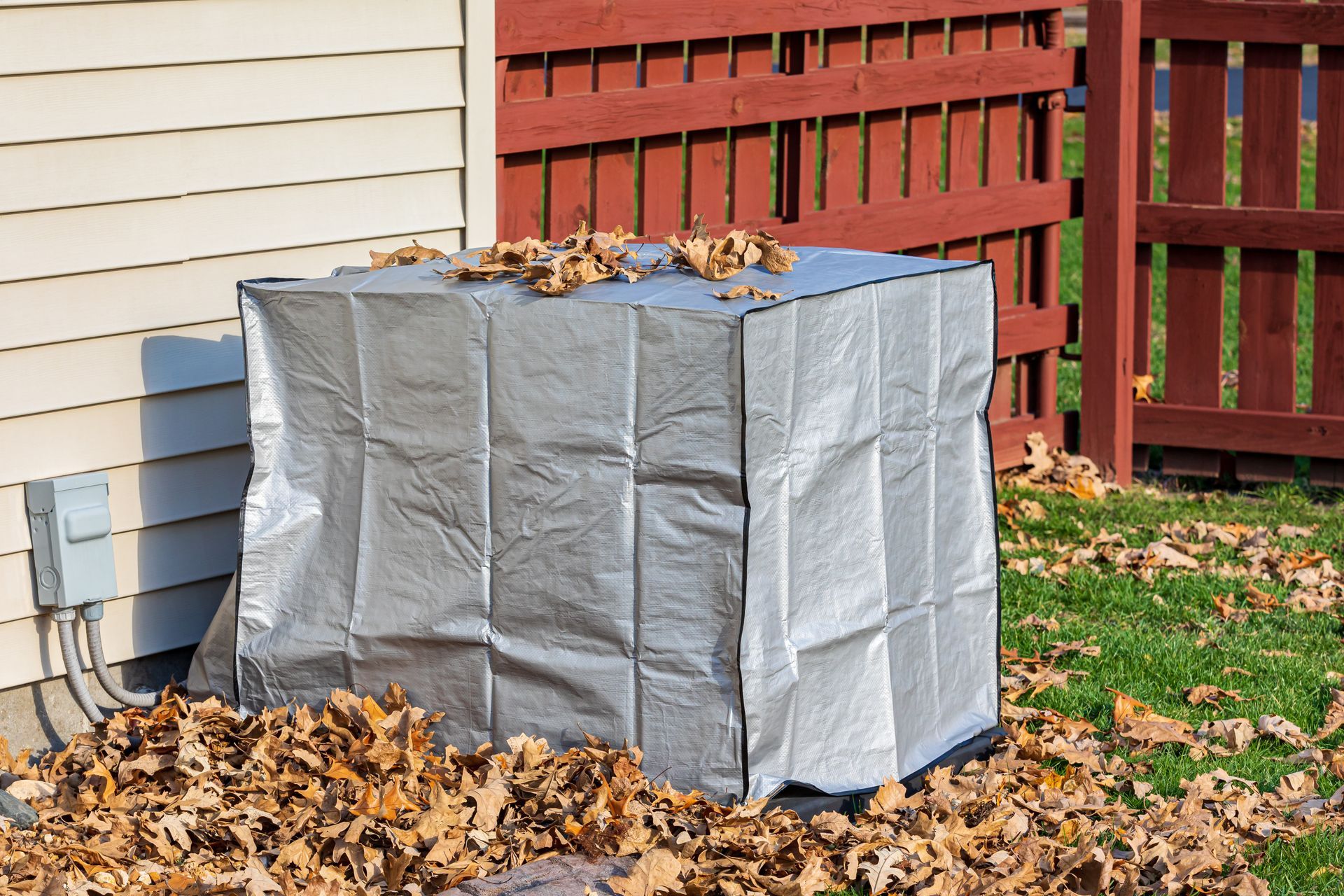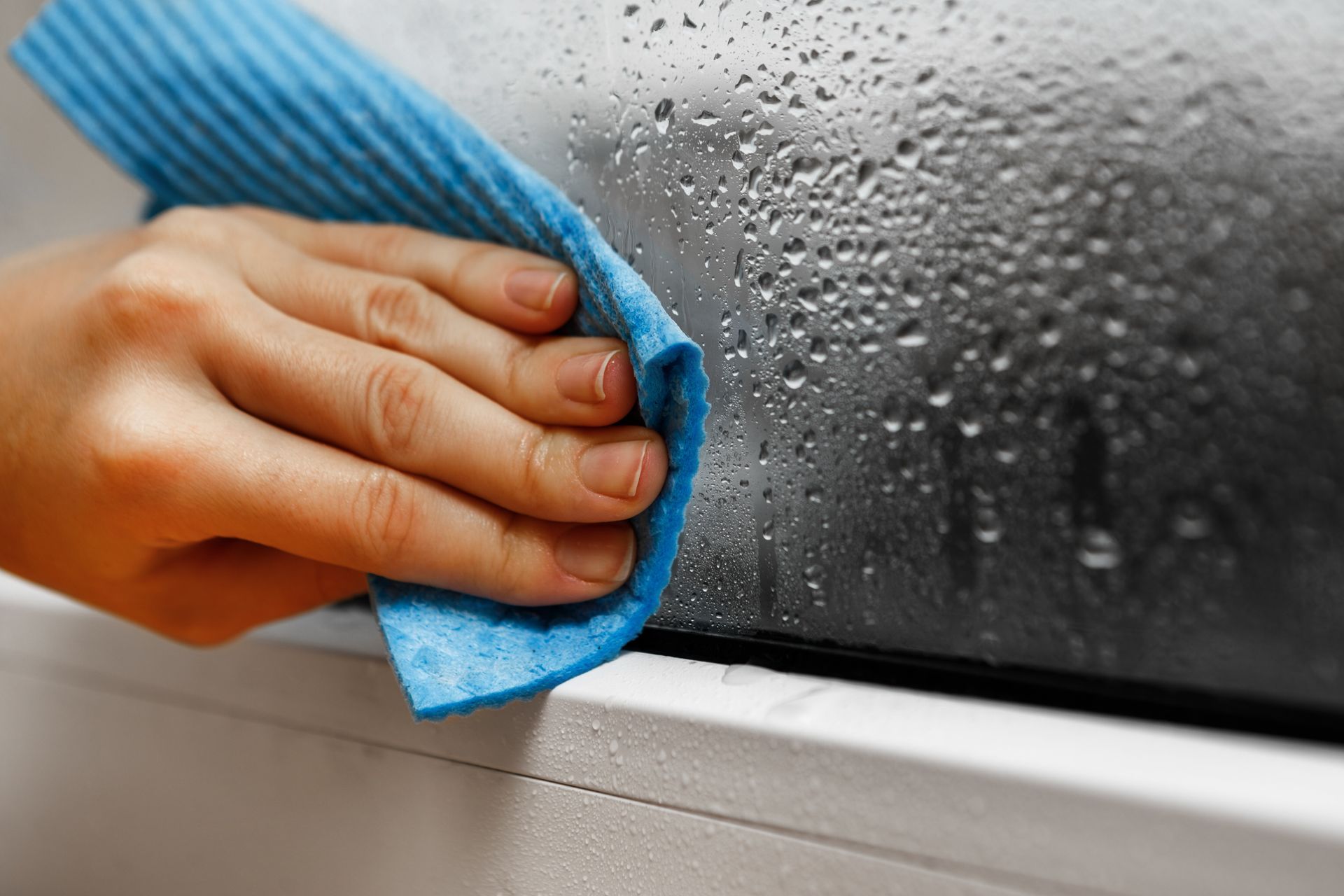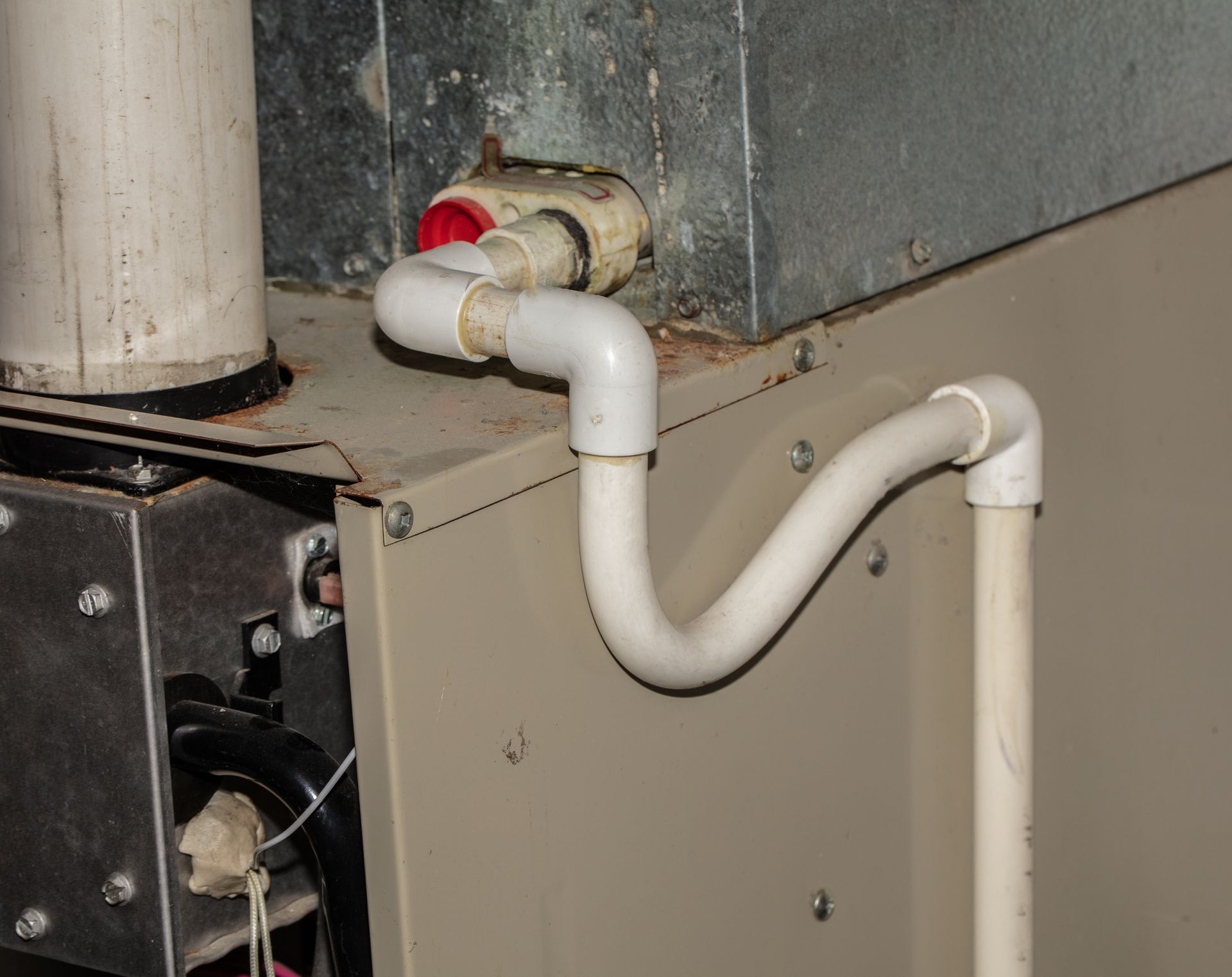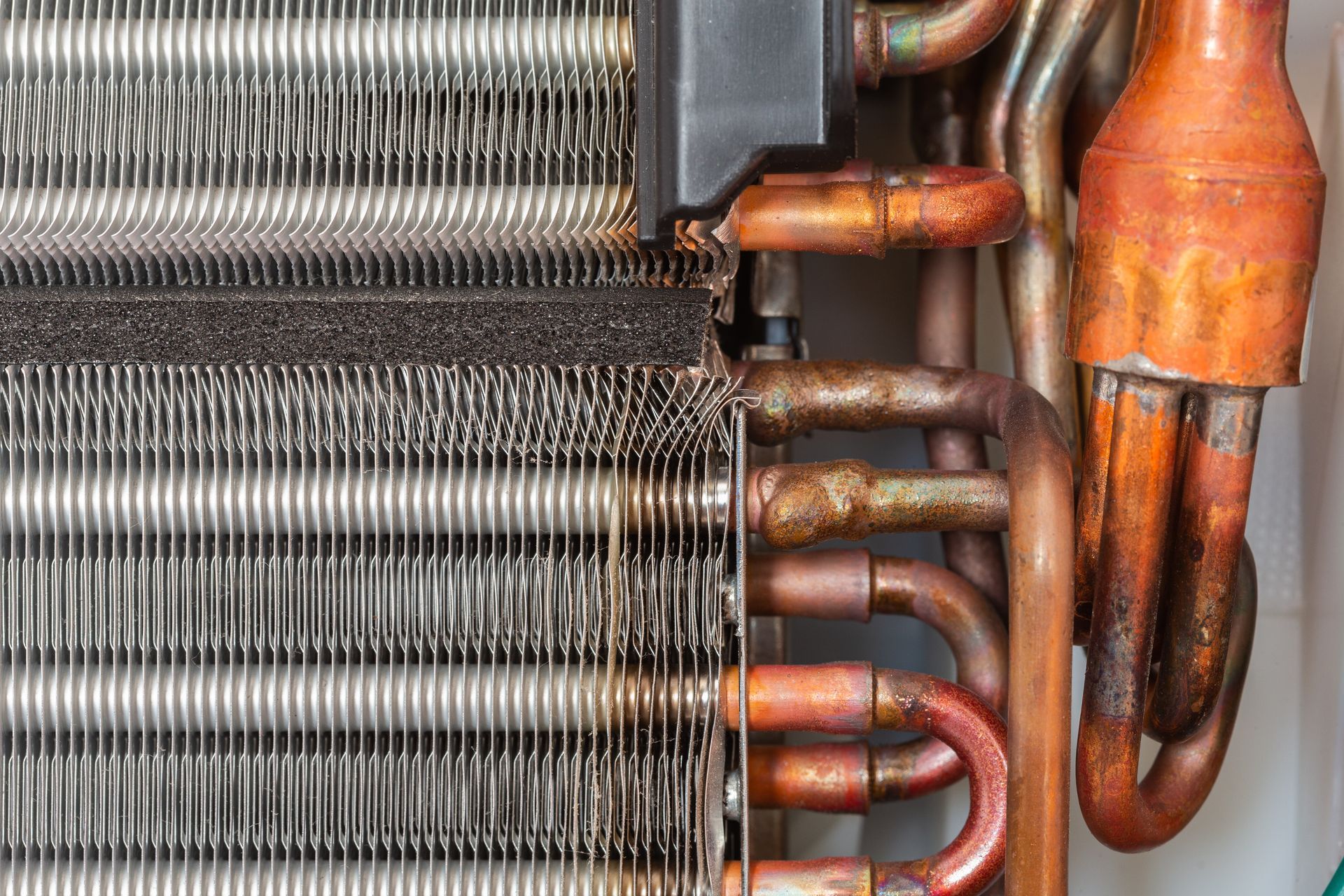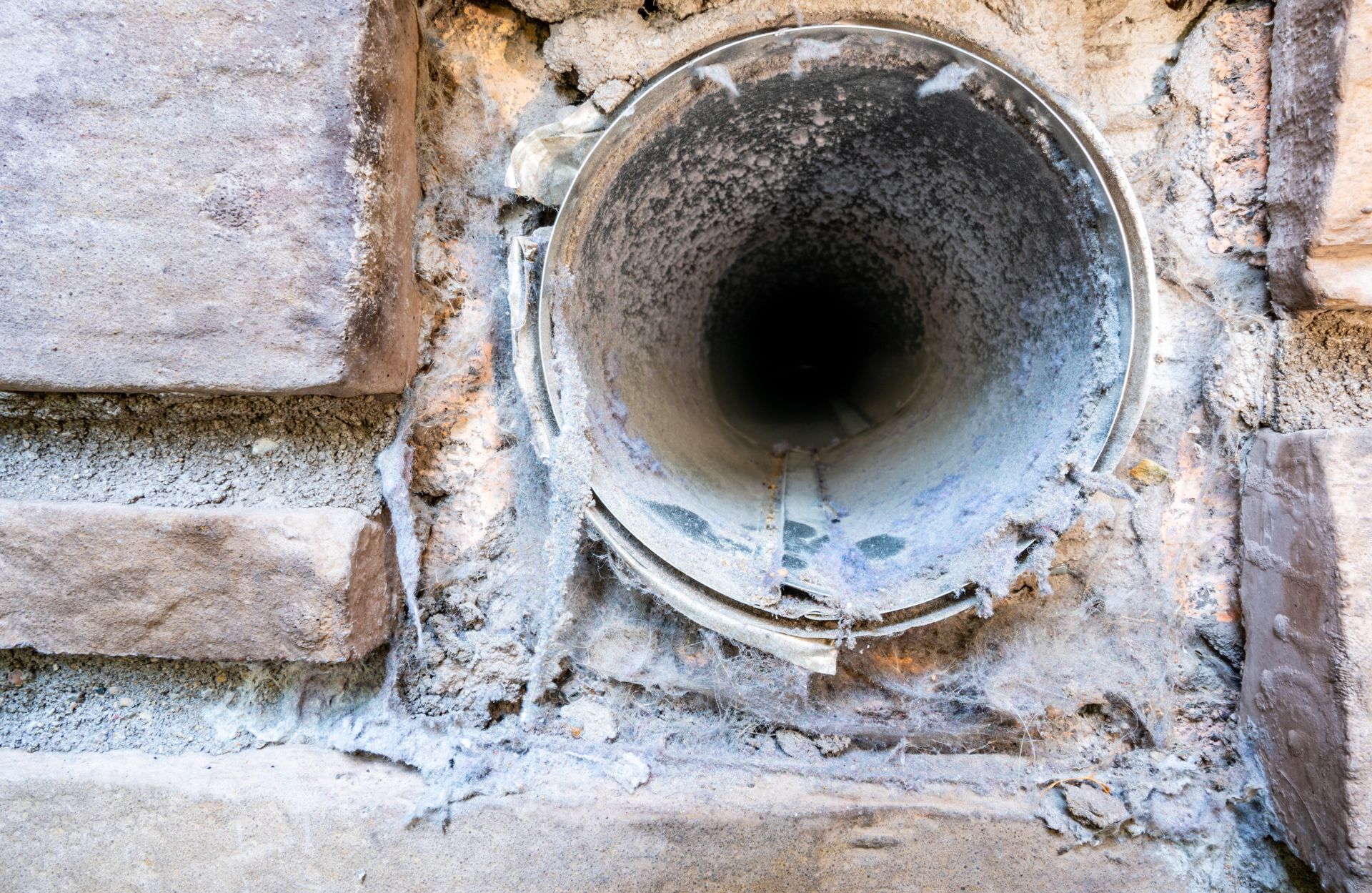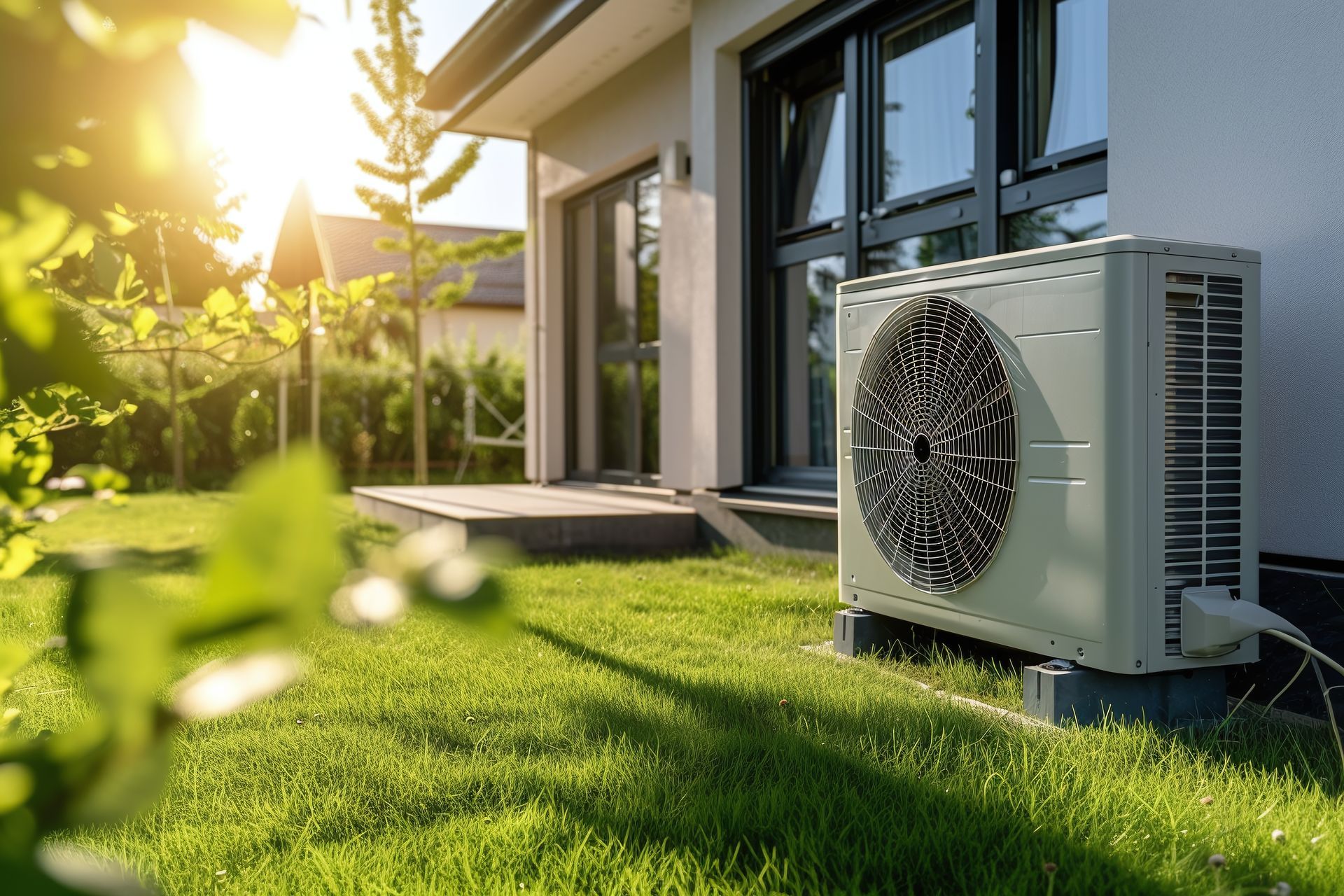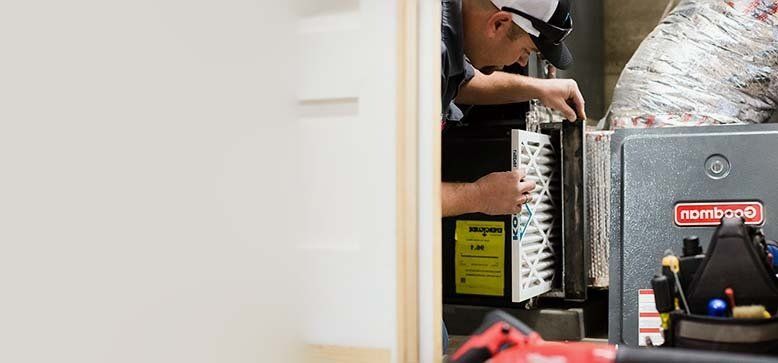Why Does My AC Smell Musty?
Turning on your air conditioner and smelling something a little off or musty is never a good sign. The smells can vary from dirty feet, musty laundry, to rotten eggs which are not pleasant when you are expecting cool, fresh, clean air. The reasons behind the smell can range from something easily fixable to something that requires the support of professionals. Regardless of the reason, musty smells are typically the result of mold, mildew, or bacterial growth which is occurring somewhere inside of your HVAC system. Due to how air conditioners work, condensation can build up causing water to pool in areas that it doesn’t belong. This creates an environment where bacteria and mold particles can grow and multiply. Determining where this buildup is during an inspection is critical to fixing the problem and removing the smell.
Why Do Strange Smells Coming from Your AC Tell You?
Air conditioners can cause different unpleasant smells and the different smells usually indicate different problems. The most concerning smell is the smell of something burning which is usually indicative of a short circuit or loose or damaged wiring melting their plastic outer casing. This is a serious hazard that can eventually lead to a fire and needs to be repaired. The smell of rotten eggs is usually a sign that there is a gas leak or that some animal has crawled into your HVAC system and died. This is another problem that can be extremely problematic since the gas leak can cause an explosion if triggered by a source of ignition and a dead animal can lead to the spread of serious illness. If the smell of feet or damp musty clothing is coming from your HVAC system, it is usually the sign of thriving mold, mildew, or bacterial growth. While not quite as dangerous as problems that can cause severe destruction, mold and mildew growth can still cause serious health problems for people that are immunocompromised or have sensitive respiratory systems.
Reasons Why Your Air Conditioner Smells Musty
The list of potential problems that can lead to mold, mildew, or bacterial growth is a long list with several problems requiring professional help to fix. It is important to do some quick checks to see of the filters before enlisting the support of professionals to fix any other problems.
Clogged Filters
The first and easiest problem to check is to see how dirty the air filters are. If the air filters are completely clogged, then the air being drawn through the HVAC system is likely dirty and filled with dirt, bacteria, and mold & mildew spores. As this air flows through the system, these contaminants lands on the different AC elements where they will multiply and eventually cause the musty smell. Having dirty filers also compounds the damage by reducing cool air flow and increasing humidity. High humidity levels will increase the likelihood of mold and mildew growing outside of the unit which will cause the air conditioner to draw in even more particulates which exacerbate the problem greatly. Be sure to inspect and change the air conditioner filters regularly to avoid having problems with unclean air flow passing through your AC.
Drain Pan Is Full
Humidity in the air is removed through the process in which air conditioners cool the air inside of a home. This causes condensation as a byproduct which need to be evacuated from the system. As condensation builds, it will drip into a drain pan which allows for the water buildup to be removed from the system. The drain pan can endure normal wear and tear and the particulates that collect in the condensation buildup can eventually lead to the drain pan being blocked. If this happens, the stagnant water creates the perfect environment for mold and mildew to grow. If you see signs of water damage around your AC unit, it may be sign that this problem is happening. To fix this, check the drain pan which is usually below the AC unit to see if the blockage can be removed. If not, professional help may be needed to replace the drain pan or fix the blockage.
Clogged Condensate Line
If the drain pan is blocked but where the blockage exists isn’t clear, it may be due to a clogged condensate line. The condensate line’s role is to help evacuate the water in the drain pan and allow it to be released. This thin pipe is usually made of PVC and can be found connected to the drain pan. When water is completely blocked off due to the condensate line, there is no way for water to flow outward which will cause it to spill out of the drain pan causing water damages and introducing mold and mildew. This typically requires clearing the blockage or replacing the condensate line to fix.
Dirty Evaporator Coils
Air passes over evaporator coils to cool the warm air that passes through an air conditioner. If the air flow is dirty, then the evaporator coils will collect the particulates. As the coils get dirtier and dirtier, they become less effective at cooling in addition to the dust particulates providing mold and mildew the food they need to grow. If the effectiveness of an air conditioner drops enough to allow temperatures to reach a level where mold and mildew growth can thrive, there will be mold and mildew populations that emerge because they have the elements they need to survive. When this happens, they will start to cause a smell similar to musty laundry. To fix this, professional help is usually recommended to ensure that evaporator coils are cleaned properly and safely.
Mold or Mildew in Ducting
The evaporator coils are not the only place where mold and mildew can grow. Mold growing in ducting or ventilation is the most common culprit behind musty smells coming from air conditioners. If excess moisture accumulates within the air conditioner’s ducting through increased humidity or a possible drainage problem, mold and mildew spores can take over. This can help spread mold and mildew spores throughout your home as air from the ventilation system is distributed to every room that it connects to. When mold permeates your AC unit’s ducting, the ducting needs to be thoroughly cleaned and sanitized or replaced to ensure that mold is no longer a problem.
Dangers of Mold
Mold spores are naturally present in the air inside and outside of a home. These spores individually are not harmful unless enough mold grows start causing respiratory problems and allergic responses. When this happens, mold can trigger asthma attacks and a variety of other respiratory issues that seem to occur for no apparent reason. If someone in a home starts to develop coughing, sneezing, runny nose, or other difficulties breathing, mold may be the problem.
What Does Mold in Air Ducts Look Like?
Mold comes in different types that appear as different colors. Mold in your HVAC ducting can look black, green, or brown and will typically cover the inside walls of ducting and ventilation. It will look similar to dirt or dust which should not be inside of HVAC ducting. It is important to use the proper respiratory protection and gloves when inspecting mold because some types, like black mold, are extremely hazardous. If you run your finger across mold, it will sometimes crumble or smear depending on the type of mold you encounter.
Leaking Air Ducts
Ducting can also introduce mold particles if there are holes or leaks that allow for non-filtered air to flow into the HVAC system. This can also cause air to be blown into areas that are usually undisturbed, like attics and crawl spaces, which stir up dust and add to the mold problem. A good indicator of this is when the AC unit runs for a while without cooling or if air flow coming out of the system is weak. Another indicator is if your home gets humid or dusty quickly whenever the air conditioner is on frequently. This issue can be resolved by patching up the ducting or replacing it altogether which might require the help of a professional.
Incorrect AC Size for Your Home
The final and least likely reason for your AC to smell musty is an incorrectly sized AC unit. If an AC unit is too large, then it will inefficiently cool a home by cycling on and off frequently. This is caused by the power of the unit being too strong which cools a home extremely quick. Once the home’s temperature reaches its desired levels, the air conditioner will turn off. When the unit is off, temperatures will rise quickly which cause the unit to turn back on. Without an even consistent cooling, a home’s humidity levels will rise which can create the environment that mold needs to grow. Fixing this usually requires an evaluation and then a replacement which are not ideal. That being said, an incorrectly sized AC unit will work inefficiently, which raises energy costs, before the unit dies prematurely.
How to Get the Musty Smell Out of Your AC Unit?
In order to get rid of the musty smell that emanates from an air conditioner, homeowners must try the following:
- Inspect and replace air filters
- Remove outer shell of air conditioner and attempt to blow off any dust buildup with compressed air
- Inspect and attempt to clear drain pan and condensate line
- Clean and disinfect accessible ducting and vents
- Allow for the unit to dry and then reassemble
If the above does not help improve the smell and quality of air being produced when the air conditioner is on, professional help from a licensed HVAC technician is recommended.
Call Greener Solutions Home Services if You Are Dealing with a Musty AC
Call Greener Solutions Home Services to schedule an inspection and routine service for your air conditioner. Our team of licensed and experience HVAC specialists will know where to check for mold and mildew. By the end of our service, the smell should be gone. We also recommend ongoing maintenance and tune ups to maximize the lifespan of your air conditioner while also ensuring that no other problems develop.
Air Duct & Vent Cleaning
If mold is discovered, the National Air Duct Cleaners Association recommends cleaning and disinfecting the entire HVAC system to ensure mold is eradicated. Without properly cleaning the entire unit, mold may remain and potentially contaminate the entire air conditioner as air flows through the system. Since mold can be dangerous, it is important to allow a professional who is trained on how to combat mold and has the protective gear to safely accomplish that job, to do the mold removal.


